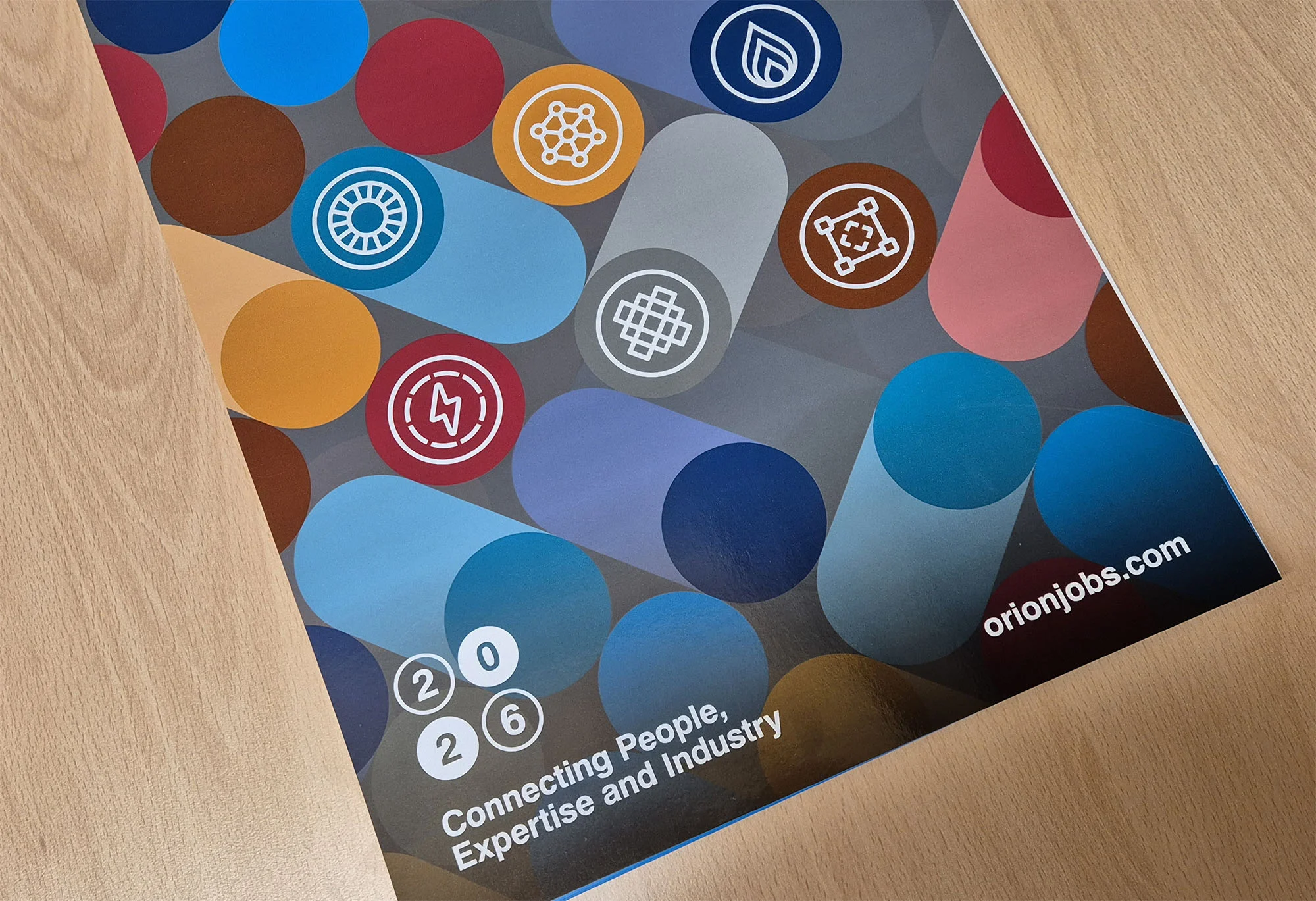
New Year - New Calendar!Showcasing our global reach, one month at a time 🌍Our free 2026 com...

New Year - New Calendar!Showcasing our global reach, one month at a time 🌍Our free 2026 com...

Orion Group is proud to announce that we have been officially recognised by Good Business Pa...

Despite the reliance on hydrocarbons and oil and gas products, the growth of renewable proje...




New Year - New Calendar!Showcasing our global reach, one month at a time 🌍Our free 2026 com...